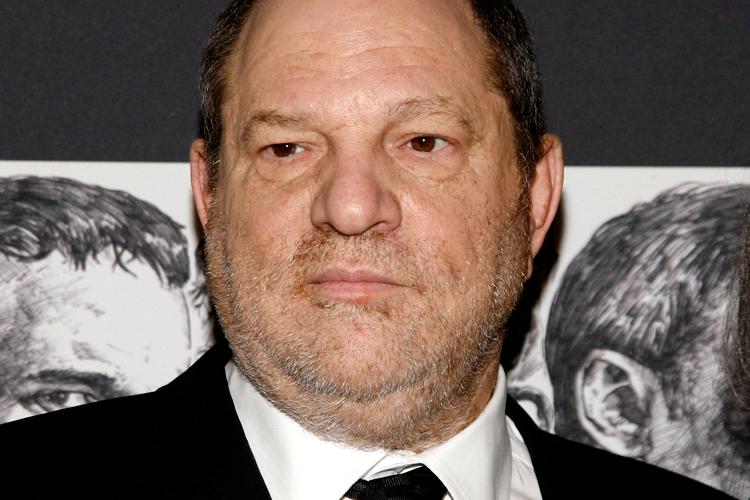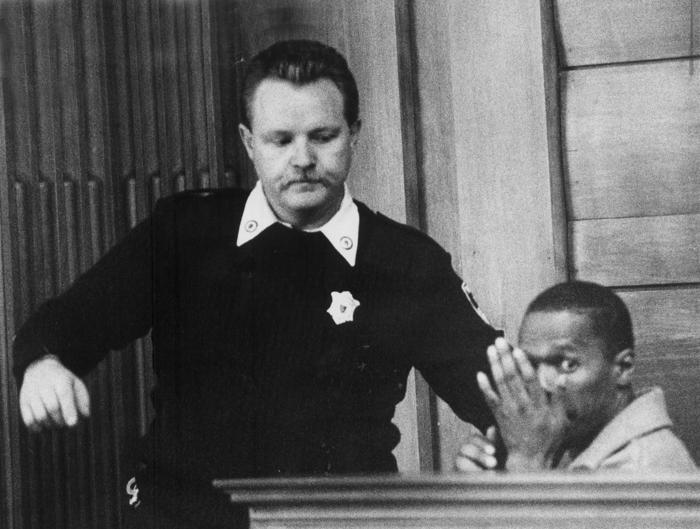By Elizabeth McNamara
Contributing Writer
Sweden’s new center-left government announced on Oct. 3 that it intends to formally recognize a Palestinian state. The new prime minister of Sweden, Stefan Löfven, announced during his inauguration speech that “the conflict between Israel can only be solved with a two-state solution, negotiated in accordance with international law. Sweden will therefore recognize the state of Palestine.”
The announcement comes one week after Palestinian Authority President Mahmoud Abbas, made a speech at the U. N. General Assembly. After making controversial allegations of Israel committing genocide, he stated that he would seek a U.N. resolution to establish a deadline for Israel’s withdrawal from Palestinian territory, and entered a bid for international recognition of Palestinian statehood and membership status in the U.N.
If Sweden’s government adopts the initiative to recognize Palestine, it will be the first European Union member to officially grant Palestine statehood while being in the E.U., and may influence other European countries to do the same.
The move is strongly opposed by Israel, whose Foreign Affairs Ministry subsequently summoned the Swedish ambassador in Israel. The deputy director of the Ministry, Aviv Shir-On, addressed the Swedish ambassador by criticizing Löfven’s intention.
“The statement leads to a deterioration of the situation on the ground and reduces the prospects of reaching an agreement,” Shir-On said, also expressing that the Swedish prime minister’s decision to focus on the issue of Palestinian statehood status was “hard to comprehend and out of place” amidst other, more serious crises occurring in the Middle East.
Sweden’s announcement is also likely to draw some harsh criticism from the U.S. and E.U. members who advocate for the conflict to be resolved through negotiation. The U.S. vowed to veto any resolution by Palestine to acquire sovereignty before the U.N. Security Council. However, the political climate surrounding the Israel-Palestine conflict may be changing; Israel has pursued increased settlement building in East Jerusalem, provoking public rebukes against them by Obama administration and the E.U.
Why Löfven made such pointed comments during his inauguration is not clear, but he also boasted of his “feminist cabinet,” comprised of 12 women and 15 men, and may just be trying to show the progressiveness of his administration.
Palestine is currently recognized as a state by 134 out of the U.N.’s 193 member states. In November 2012, it was granted “non-member observer state” status by the U.N. General Assembly.
The Palestinian Liberation Organization had previously held “permanent observer” status in the U.N. since 1974, although the position of an “observer” is not defined in the U.N. Charter. In 1988, the “observer status” was granted the rights to participate in general debate at the General Assembly and to co-sponsor resolutions. When in 2012 it was granted “non-member observer status,” it was considered a considerable victory for the Palestinians, putting it in the same category as the Vatican and signifying the first step toward obtaining formal recognition by the U.N.
Apart from the other considerable privileges of being a full member within the U.N., it would also grant Palestine the ability to bring Israel to the International Criminal Court of the United Nations. On multiple occasions, Mahmoud Abbas has previously threatened to charge Israel with alleged war crimes.



















